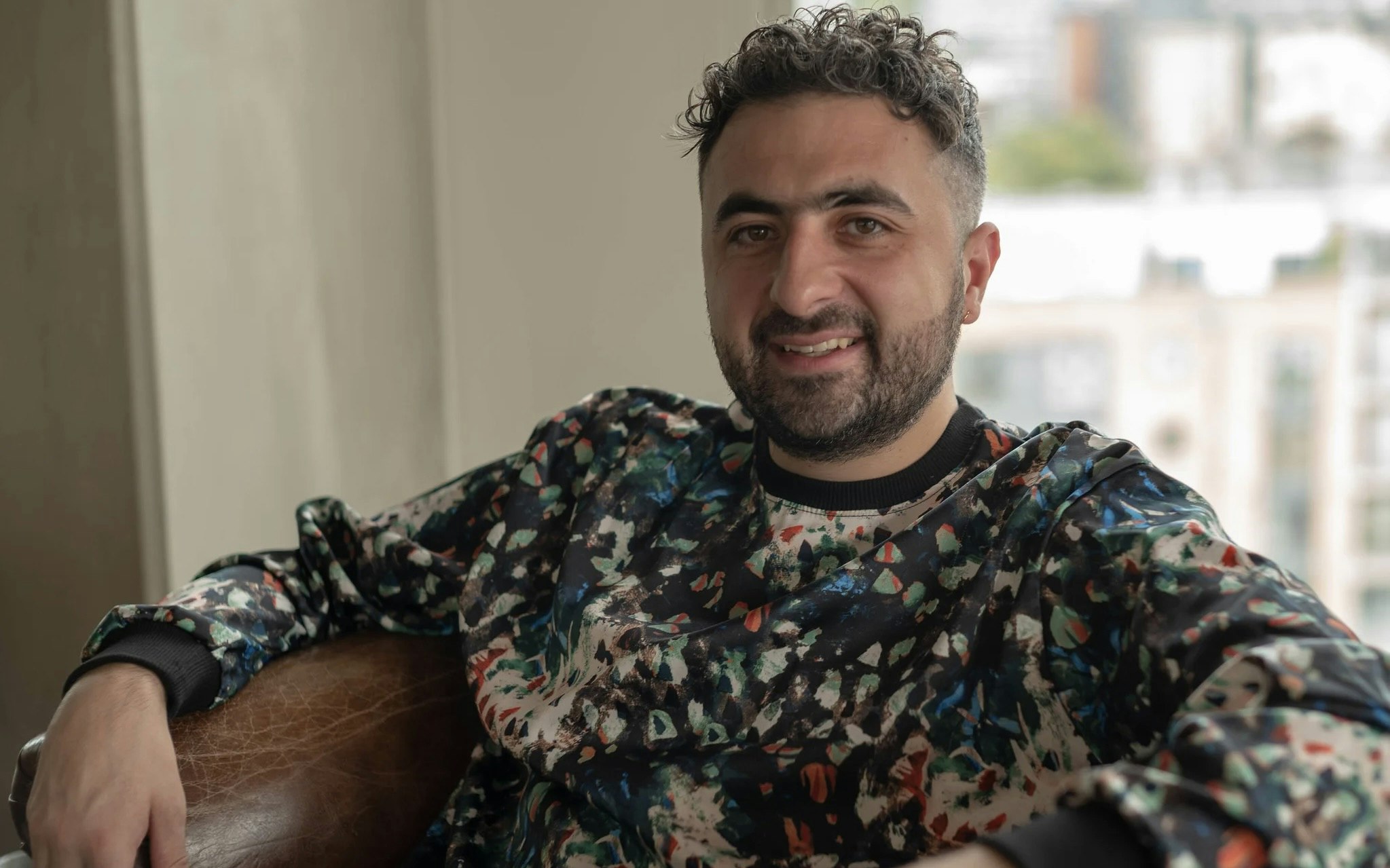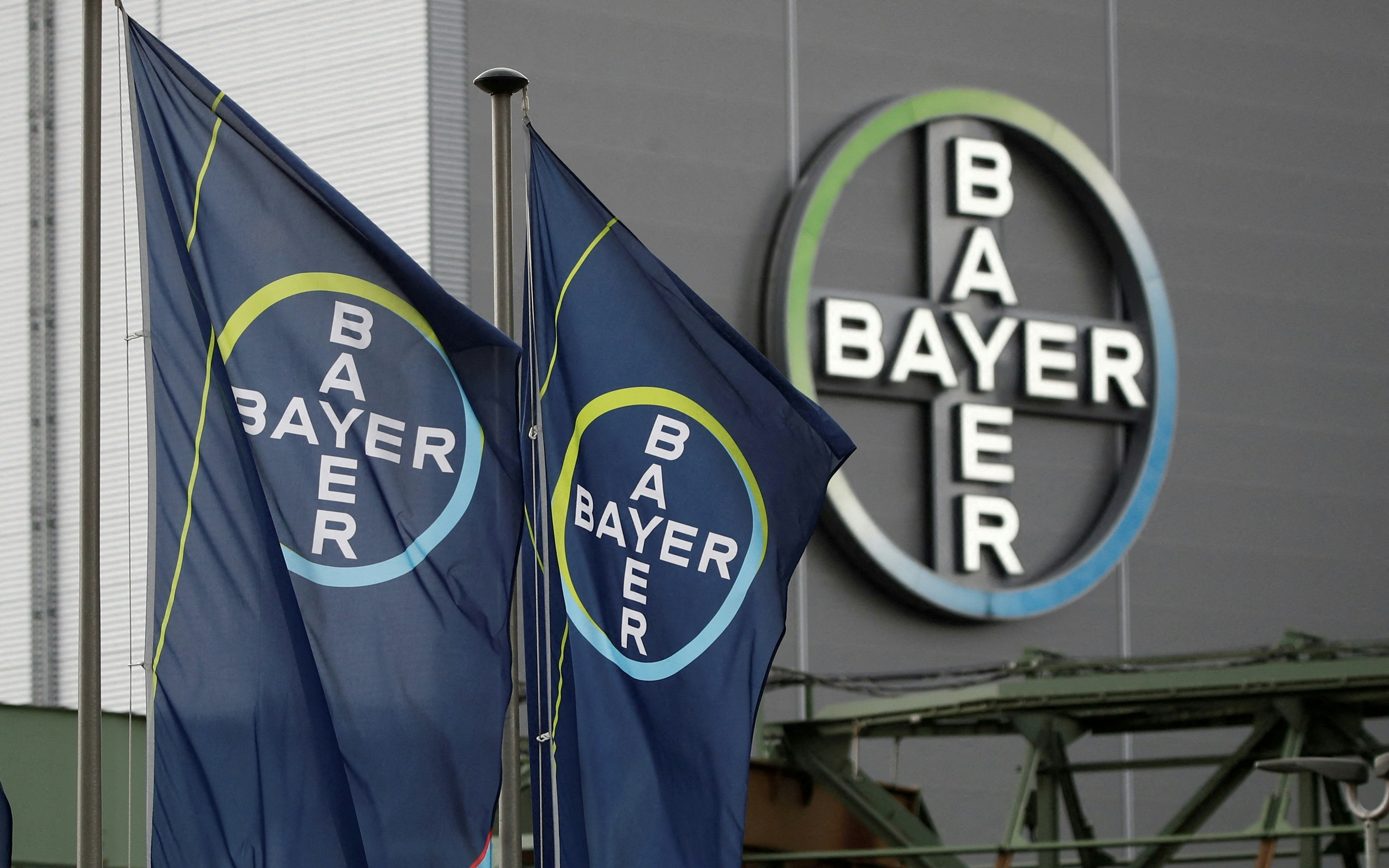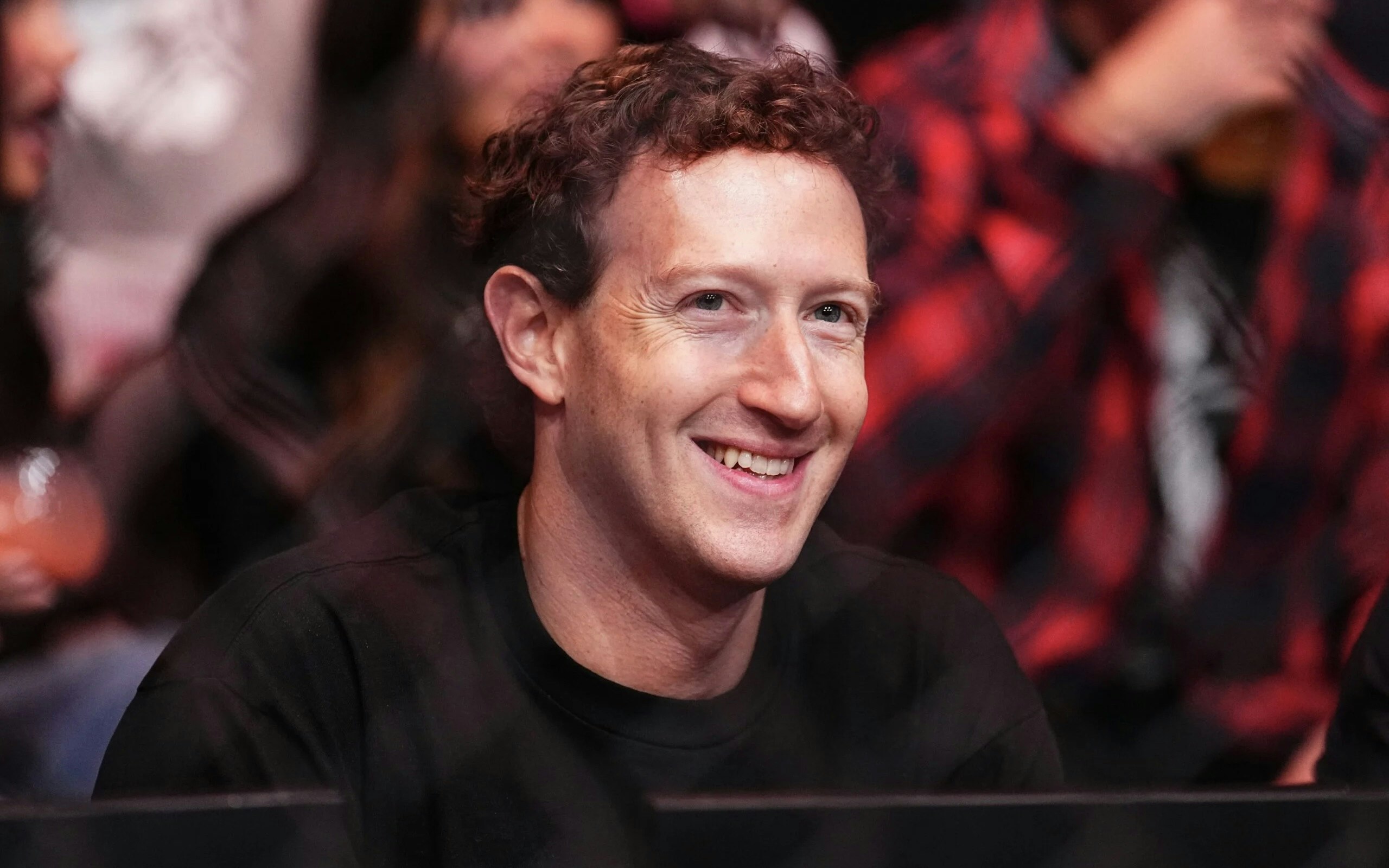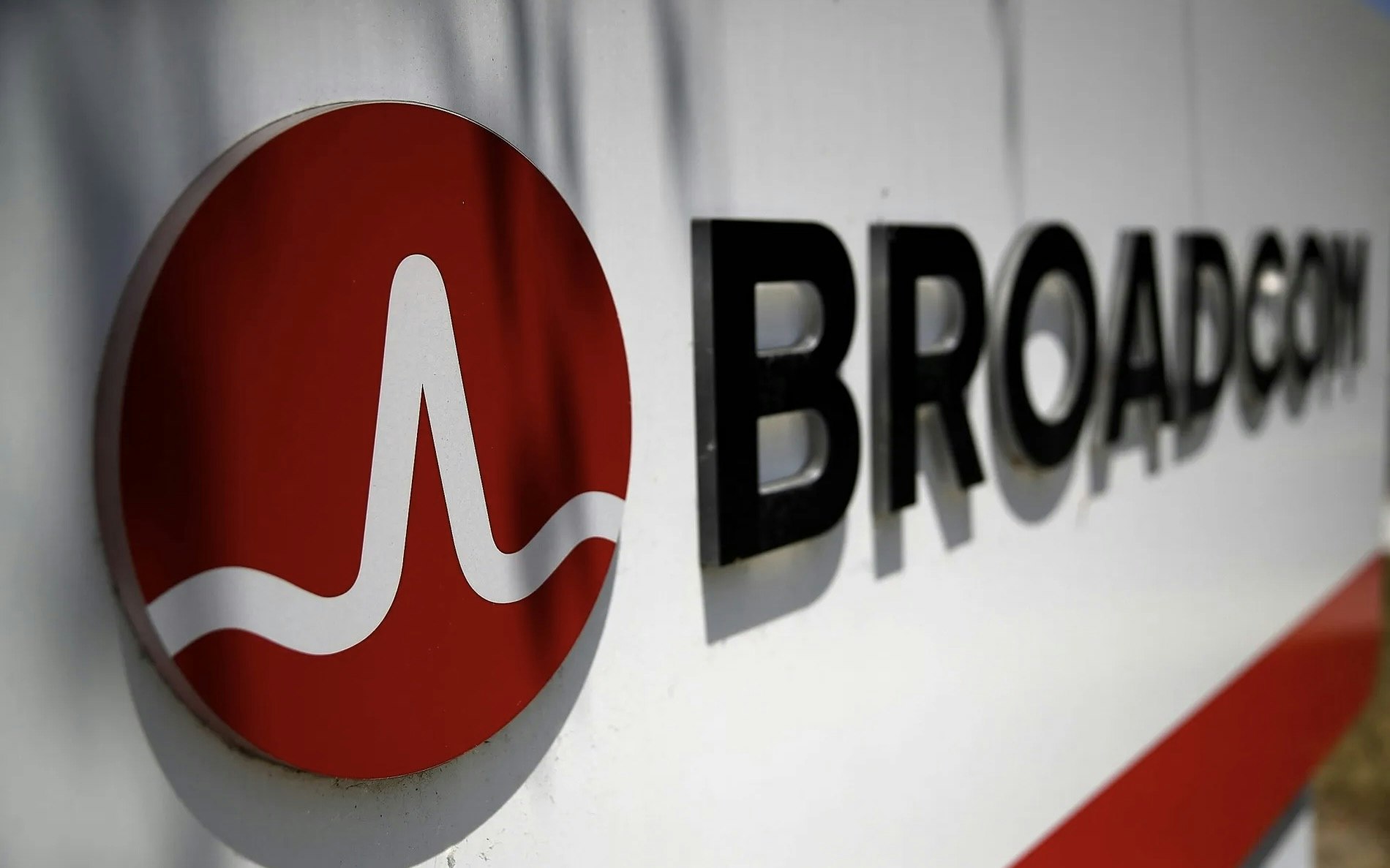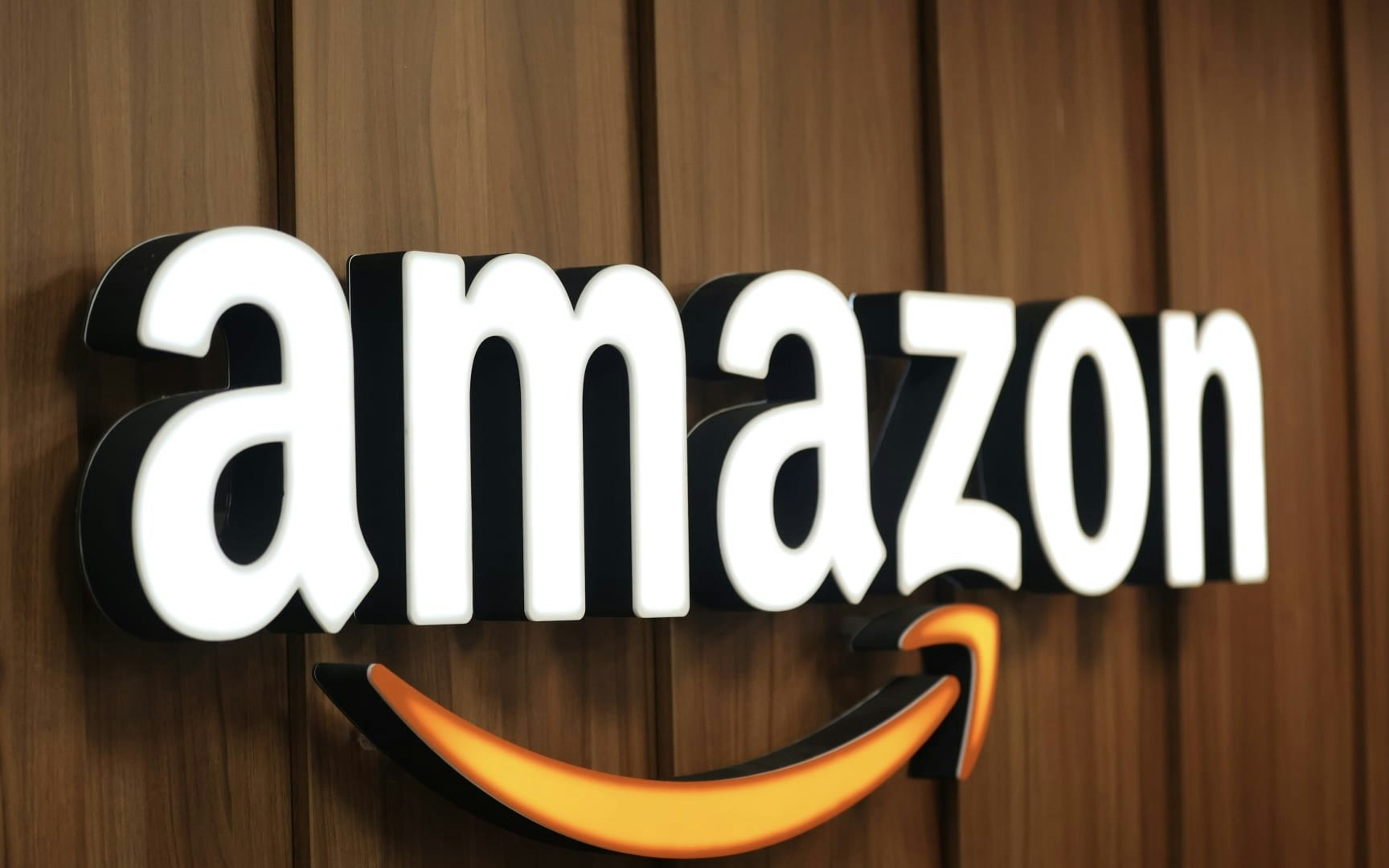Microsoft establishes a new artificial intelligence division in healthcare under the leadership of Mustafa Suleyman, co-founder of DeepMind and AI expert. The goal is to develop generative AI applications that provide consumers with access to innovative healthcare solutions. Suleyman has assembled a team in London, primarily consisting of former DeepMind employees.
At the center of the new unit are Dominic King, former head of the health division at DeepMind and a trained surgeon, and Christopher Kelly, a clinical researcher and neonatal physician. Both bring their expertise from Suleyman's previous field at DeepMind, which he launched in 2016. This was once a pioneer in processing medical data and developing an app for monitoring vital signs.
Microsoft confirmed the establishment of the new unit and emphasized the importance of AI in healthcare: "Our goal is to inform, support, and empower people with responsible AI. Health is a crucial use case in this.
Microsoft's expansion comes at a time of intense competition among technology companies like Google, whose CEO of DeepMind, Sir Demis Hassabis, is also focusing on AI-powered health solutions such as drug development. A Deloitte survey found that nearly half of consumers use generative AI chatbots like ChatGPT or Copilot for health-related questions.
Suleyman, who left DeepMind in 2019, had moved to Microsoft in March 2024 after stints as an investor and founder of the AI startup Inflection. He brought numerous talents from Inflection, including Karén Simonyan, co-founder and scientific director of Inflection.
DeepMind's earlier work in the British healthcare system was not without controversy. The use of sensitive patient data had led to concerns, which ultimately resulted in the unit being integrated into Google. Microsoft sees adherence to ethical standards as central to the success of its new healthcare division.
With the new department, Microsoft strengthens its position in a booming market segment where health and AI are increasingly merging. The focus on consumer applications could not only boost sales but also further advance the use of AI in everyday life.


